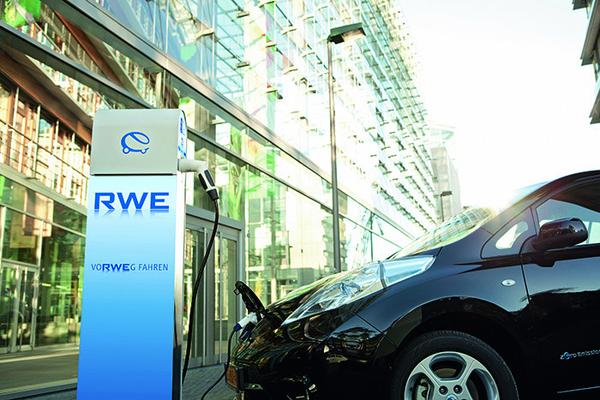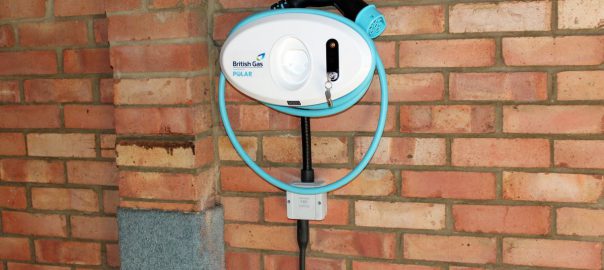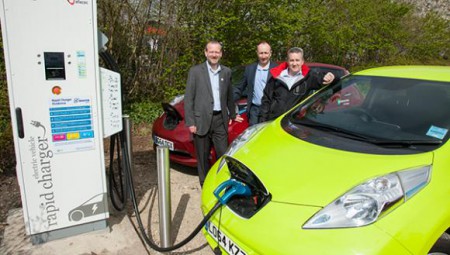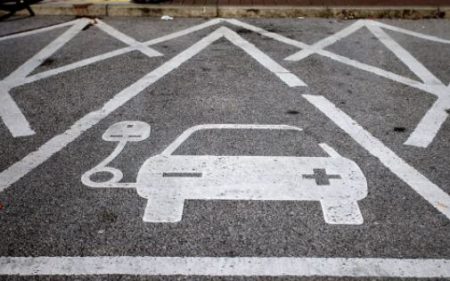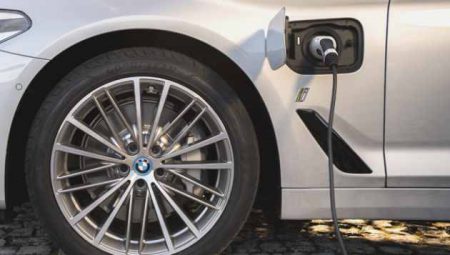In the early 2000s, it would have been difficult to consider an EV as your everyday car. They were too expensive to buy, offered a limited driving range, and the charging network was too small to make them a realistic prospect.
Matters began to improve when the Nissan Leaf arrived in 2010, and EV uptake has only accelerated since. In August 2023, more than 20 percent of new cars sold in the UK were fully electric – and Tesla had two vehicles (the Model Y and Model 3) inside the top 10 best-sellers.
The availability of better and more affordable EVs, along with the rapid growth of the charging network, means the answer to our original question is ‘yes’ – an electric car can indeed be your everyday car.
Nonetheless, there are several important questions you need to ask yourself first…
How long is your daily commute?
The average round-trip commute in the UK is around 21 miles. Even an electric car with the most miserly range estimate will be able to cover that. You don’t even need a longer-range EV, such as a Porsche Taycan, to tackle a longer daily commute.
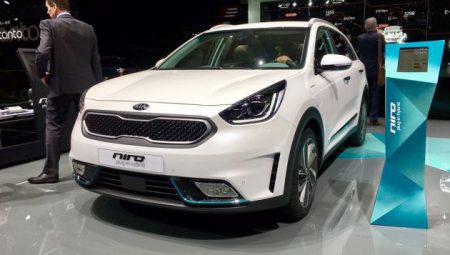
For example, the Kia Niro EV offers 285 miles of electric range, which might be enough for an entire week of commuting. At the time of writing, it costs £37,295 in entry-level ‘2’ specification.
Read more: MotoringElectric
It’s Time to Go Green!
If you would like to know more about Solar Panels and the PowerBanx range of home battery systems, and get a free instant quote, please complete our online form:

